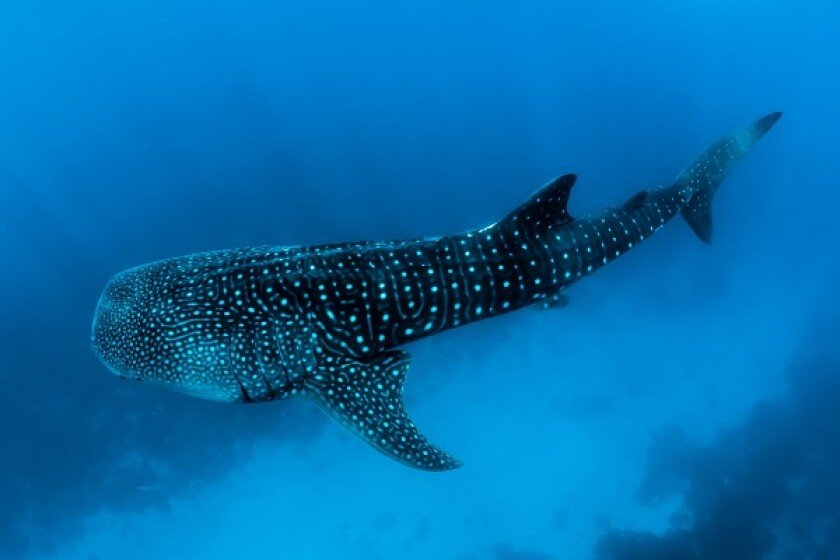The chief trademark counsel at 3M told an industry conference last month that brand owners must work closely with customs officials to reel in big-fish counterfeiters.
Colette Durst was speaking on a panel at Incopro’s Insync Virtual Summit on Thursday, January 28, alongside Jennifer Ehrlich, a strategic communications leader at 3M.
Durst, whom Managing IP also interviewed in late January, told the conference that brands should be prepared to do more with less in 2021 as budgets remain tight.
It came as a poll during the panel showed that nearly 50% of respondents have a smaller budget than at this time last year, while 34% said theirs had not changed. A further 19% said their budget has actually increased.
Durst and Ehrlich were reliving events from a year in which 3M’s workload has increased hugely. The company, which specialises in worker safety and healthcare, was put on the COVID frontline in early 2020 as demand for its N95 respirators soared.
At the same time, 3M witnessed a surge in trademark infringement, counterfeiting and fraud, particularly online. It responded by taking legal action and boosting communicating efforts, with 3M’s related in-house teams joining forces.
The IP team has also worked with law enforcement to stamp out counterfeiters, and Durst praised officials as “incredibly collaborative”. She said 3M will continue its work with the authorities, especially on large-sized cases.
3M has also used online and customs enforcement to make it harder for counterfeiters to get counterfeit respirators delivered to consumers.
For the “big fish”, as she put it, Durst recommended using customs to block goods from entering a country and using the shipment data to track down the offenders. “That has been incredibly helpful,” she said.
Durst added that 3M is continuing to look at how else it can identify the big fish, including by using technology tools, even as the IP team does more with less in 2021.
For further examples of 3M’s communication efforts, please see: www.3m.com/covidfraud
To learn more about the panel, which was hosted by Managing IP’s managing editor Ed Conlon, please see the recording on the Insync website.












